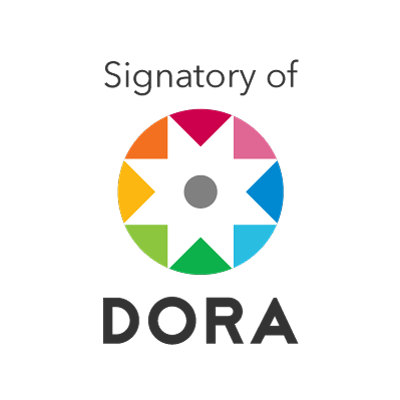A clash of paradigms: populism and theory building
DOI:
https://doi.org/10.5216/sec.v13i2.13420Palavras-chave:
populism, theory building, ontology, epistemology, research paradigmsResumo
Research on populism often appears to be opaque due to the fact that populism is a label attributed to a variety of phenomena. However, failures to build a theory of populism are not just mere consequences of a blurred object of study – they also result from ontological and epistemological clashes between the dominating research paradigms precisely because debates do not consider the limits inherent to analytical strategies. This paper shows which paradigms structure the field of populism research and evaluates the resulting approaches considering their outcomes and impasses. Furthermore, it enunciates suggestions on the issue of how some additional value can be obtained from this. As a result, this paper’s contribution is an attempt to systematize a highly fragmented debate whereas it does not point at content-related discussions but rather at the pragmatic handling of research paradigms.Downloads
Não há dados estatísticos.
Downloads
Publicado
2011-03-02
Como Citar
KÖGL, Irene. A clash of paradigms: populism and theory building. Sociedade e Cultura, Goiânia, v. 13, n. 2, p. 173–180, 2011. DOI: 10.5216/sec.v13i2.13420. Disponível em: https://revistas.ufg.br/fcs/article/view/13420. Acesso em: 11 fev. 2026.
Edição
Seção
Dossiê
Licença
Autores/as que publicam nesta revista concordam com os seguintes termos:
- Autores/as mantêm os direitos autorais e concedem à revista o direito de primeira publicação, sendo o trabalho simultaneamente licenciado sob a Creative Commons Attribution License, o que permite o compartilhamento do trabalho com reconhecimento de autoria e da publicação inicial nesta revista.
- Autores/as têm autorização para assumir contratos adicionais separadamente, para distribuição não exclusiva da versão do trabalho publicada nesta revista (ex.: publicar em repositório institucional ou como capítulo de livro), com reconhecimento de autoria e da publicação inicial nesta revista.
- Autores/as têm permissão e são estimulados/as a publicar e a distribuir seu trabalho online (ex.: em repositórios institucionais ou na sua página pessoal) a qualquer ponto antes ou durante o processo editorial, já que isso pode gerar alterações produtivas, bem como aumentar o impacto e a citação do trabalho publicado (veja O Efeito do Acesso Livre).

 Esta revista está licenciada sob a licença
Esta revista está licenciada sob a licença 
